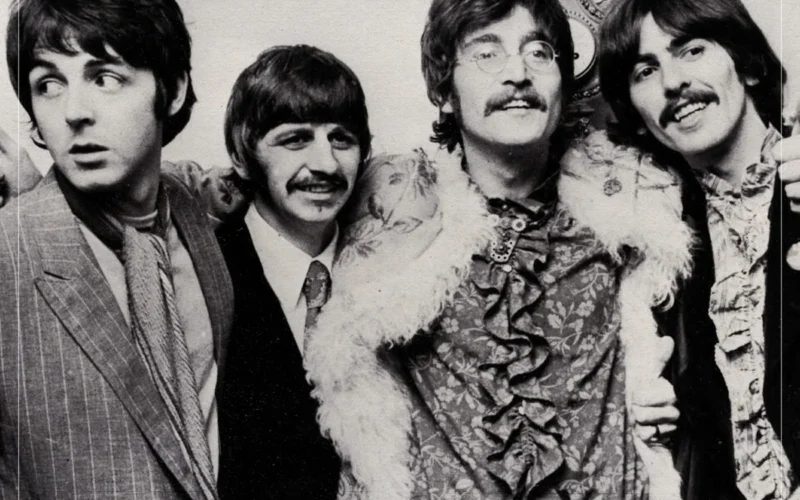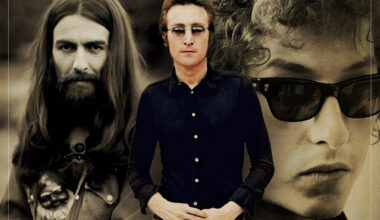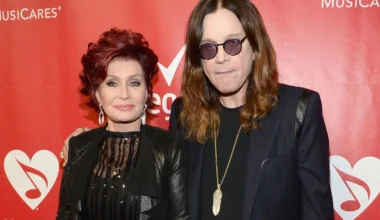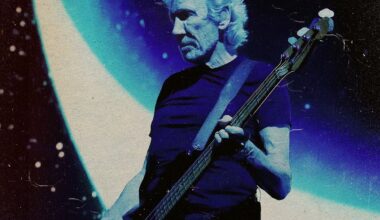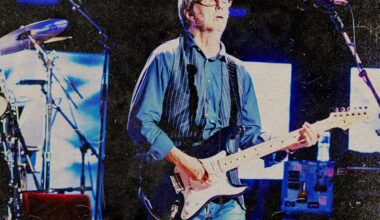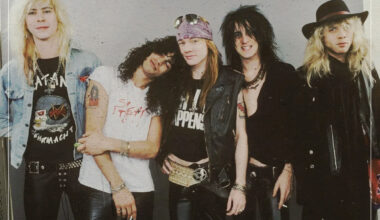The Beatles really didn’t need to worry about the financial incentive when they first started making Apple Records. Their name was a license to print money in those days, so there was no reason to think that anything with their seal of approval was going to be anything less than spectacular. And while getting people like Badfinger and Billy Preston on their roster made for some of the finest records of the early 1970s, they came dangerously close to having a few more legends standing side by side with them
Then again, there was no reason to think that they were going to have the biggest record company anyone had ever seen. It was far from the kind of vanity project that most people think of when they look at artists starting their own label, but they knew better than to get in the way of people like Jimi Hendrix slowly turning into one of the biggest names in music. But as far as the psychedelic movement was concerned, there was at least something in the market they could tap into.
They had already helped kickstart the Summer of Love, so why not keep everything moving with artists that they felt had something to say? People like Badfinger were pure pop, and James Taylor helped usher in the singer-songwriter category, but Crosby, Stills and Nash were a different matter entirely when they first crashlanded on the rock and roll scene.
People had been used to hearing what The Beatles could do with harmony, but combined with the strange tunings of Joni Mitchell, the folk-rock supergroup took everything great about the late 1960s and made it have a more pointed edge to it, whether that was ‘Suite Judy Blue Eyes’ or bringing in Neil Young when working on tracks like ‘Ohio’. So how does a band with that much going for it end up getting the cold shoulder from The Beatles?
Because according to Crosby, the trio had a stellar audition but were met with quiet rejection from Apple Records, saying, “We wanted to be on Apple Records, so we went to London for a while. And finally, one day, we got George [Harrison] and Peter Asher to come over, and we sang them the record. And they said, ‘Well that’s nice. That’s nice. It’s very good.’ We left and we got a phone call a little bit later saying, ‘I don’t think it’s quite what we want.’”
Even if finding artists wasn’t their number-one priority when putting together The White Album, it’s strange to see them pass by one of the former members of The Byrds as well. The jangly rock and rollers had been among the Fabs’ closest friends when they toured America, but perhaps turning them down was one of the greatest things that could have happened to the trio.
They would eventually sign with Atlantic Records once they found their bearings, and since that was the home of Led Zeppelin, they knew it was going to be an album-driven label. Each of their records were about making a statement, and given how much they were working with at the time, their debut album was the type of music that hippies could either passively listen to or carefully dissect if they wanted to dig deeper.
Crosby, Stills and Nash may have passed The Beatles by, but maybe the trio’s success was because of them learning to embrace that kind of refusal. After all, the Fab Four only got better after their failed Decca audition, so what was stopping CSN from soaring to even greater heights afterwards?
